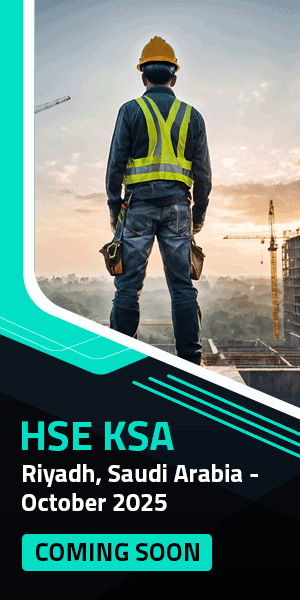Lloyd’s Register, a professional services company specialising in engineering and technology solutions, has partnered with the Health and Safety Executive (HSE) to bring together and analyse safety data on an unprecedented scale, driven by its latest digital innovation - Severity Scanner
This tool has been made possible by Discovering Safety, which has allowed access to lessons learned from past incidents in order to make working safer and prevent death and serious injury. The initiative will also minimise human effort and error in the Reporting of Injuries, Diseases and Dangerous Occurrence Regulations (RIDDOR) reporting process, helping businesses meet their regulatory obligations to protect themselves from potential disruptions, investigations and fines.
The programme is financed by the Lloyds Register Foundation, and leverages the technology behind Lloyds Register's original SafetyScanner solution, which applies machine learning to large datasets to ensure that health, safety and environmental professionals have access to actionable insights.
This will be applied to Health and Safety Executive datasets with a pilot project being carried out in partnership with the Mitchells & Butlers hospitality business. The pilot project ensures that the algorithm and machine learning capabilities of the tool analyse the data correctly.
Ran Merkazy, vice-president, product and services innovation at Lloyds Register, said, “At its heart, this is about creating a pool of data on a scale never seen before, and using the latest in AI to mine that for valuable safety insights. We are combining more than 40 years of data from the HSE with other sources around the world, and the pilot with M&B is teaching us a lot about how businesses can use these insights to support their operations.”
Professor Andrew Curran, chief scientific advisor, HSE, said, “Our collaboration with Lloyd’s Register Foundation on Discovering Safety will have a huge impact on our ability to learn from incidents and accidents. It’s our next step towards a world where no one dies as a consequence of work, where industry doesn’t suffer catastrophic failure, where companies can say that no one was harmed in the making of their product and where accidents can be predicted and therefore prevented.”





